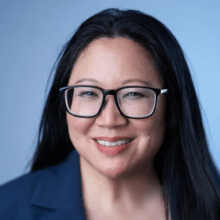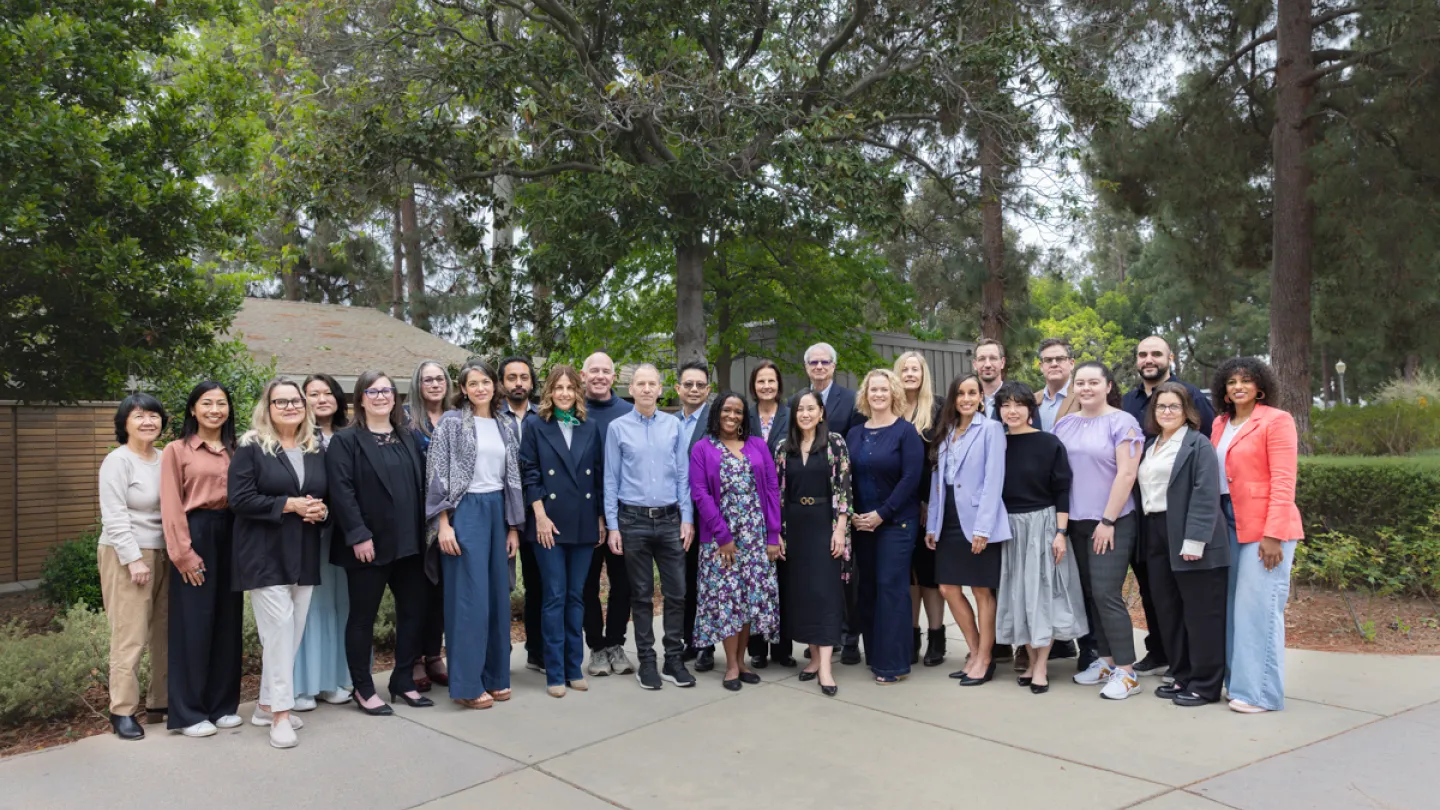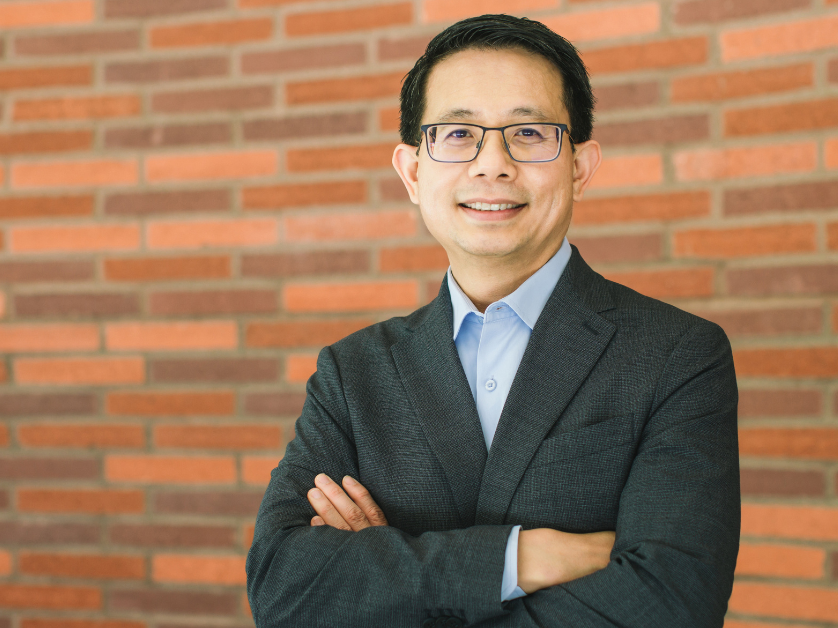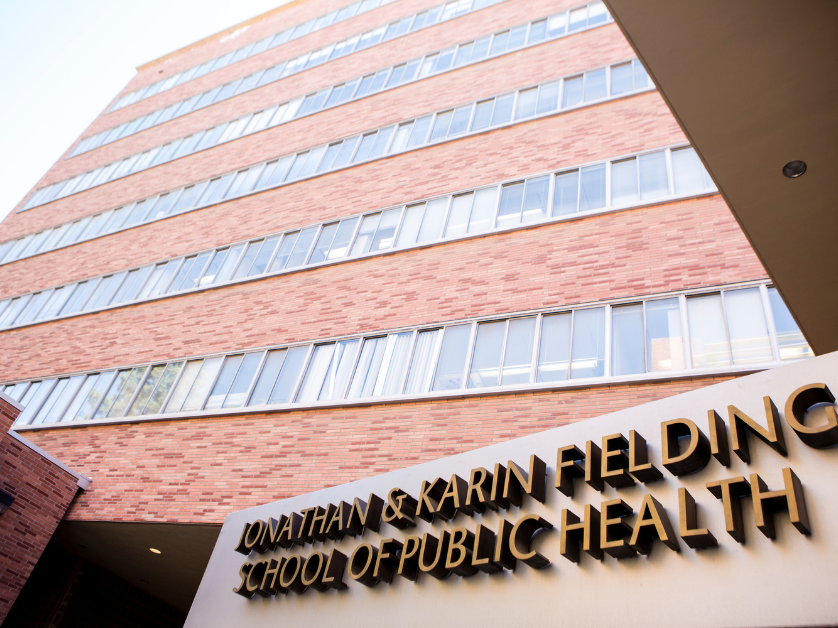
Department of
Community Health Sciences

Overview
The discipline of community health sciences emphasizes that a person’s health isn’t simply about genes or habits, but also depends on where they live, work, and play. Structural issues — such as housing, discrimination, geography, and education — are key social determinants of health. These factors help explain why people who live in affluent communities can live a decade longer than those living in low-income communities.
The UCLA Fielding School of Public Health’s Department of Community Health Sciences (CHS) is ideally positioned for optimal impact in research, training, and practice in these structural issues because of its strong community ties, multidisciplinary teamwork, theory-driven approach, and practical experience.
Action-Oriented Faculty
CHS faculty are action-oriented. The department includes experts in topics such as nutrition, reproductive health, the health effects of racism, maternal and child health, cancer screenings, homelessness, disaster response, public health communications, and more. In all of these areas, CHS faculty seeks to make a difference in reducing disparities and promoting health equity.
A Culture of Collaboration
In addition to the department’s multidisciplinary orientation, CHS faculty and students are highly collaborative — across the UCLA campus, and in communities near and far. Many are active participants and leaders in school-wide centers of excellence. Taking advantage of UCLA’s vast resources and expertise, they participate in campus-wide centers and programs such as:

Newsletter
-
Hall of Fame Alumni Award
 Mary Anne Foo.png
Mary Anne Foo.pngMary Anne Foo (MPH '93) Mary Anne Foo, MPH, BS is the Founder and Executive Director of the Orange County Asian and Pacific Islander Community Alliance (OCAPICA), which offers services to over 80,000 community members annually across various sectors including health, workforce development, and education. She found the organization in 1997 in response to an anti-immigrant, anti-refugee climate due to federal welfare reform that resulted in hate crimes and other community challenges related to diversity, equity, and inclusion. At the time, it was an innovation to have an entire center focus on working with a diverse community that had been invisible for so long and was under attack in many ways. She has also taught at UC Irvine. (Based in Orange County working with AAPI population)
 Anne.png
Anne.pngAnne Rimoin (MPH ‘97) Anne Rimoin, MPH, PhD., Gordon-Levin Chair in Infectious Diseases and Public Health and professor of epidemiology at UCLA Fielding, is a global leader in emerging infectious diseases. She has generated new knowledge, informed policy, and created lasting impact in both international and local settings. Her work has directly improved health outcomes through the development of research and training infrastructure in Central Africa and the conduct of innovative, community-based research in Los Angeles. Her leadership in these areas has been transformative—not only for populations affected by disease but also for the students, scholars, and practitioners she has trained and inspired. Dr. Rimoin’s research on emerging and re-emerging infectious disease including Mpox, Ebola, COVID-19, and avian influenza has influenced global vaccine strategy, surveillance, and public health preparedness. She has advised the WHO, the White House, and the State of California during high-consequence outbreaks, consistently ensuring that science drives decision-making. (Based in Los Angeles but works in DRC, globally)
-
Emerging Professional Award
 Patience.png
Patience.pngPatience Afulani (MPH ’11, PhD ‘15) Patience Afulani, PhD, MD, MPH is Associate Professor, Ob/Gyn, Reproductive Health, and Epidemiology at UCSF. Her research focuses on the social and health system factors underlying inequities in reproductive, maternal, neonatal, and child health (RMNCH) globally. She is particularly interested in how RMNCH outcomes are shaped by the quality of care in health facilities as well as by social determinants. She also has an interest in the well-being and motivation of the health workforce. (Based in San Francisco, but works in Ghana and Kenya)
The CHS department has cultivated strong ongoing relationships with community-based organizations, including:
- Women, Infants, and Children (WIC) in Los Angeles
- Los Angeles Unified School District
- Los Angeles County Department of Public Health
- California Department of Health Services
These close ties throughout the diverse Los Angeles metropolis and throughout the state are reflected in the growing emphasis on community-engaged research, in which the active participation of local partners, building on community assets, helps to ensure the relevance and sustainability of the work. They are also reflected in the many adjunct faculty members and guest lecturers from these community organizations and agencies who bring their experiences into the classroom, and in the wealth of supervised applied practice experiences for students.
International Focus
The department also has a strong commitment to working with some of the most health-challenged communities around the world, and has well-established partnerships in many parts of Africa, Europe, Asia, and Latin America. The curriculum features multiple courses emphasizing global health; the majority of faculty members engage in both domestic and global research; and programs such as the Global Health Certificate promote and support international research, training, and applied public health.
CHS News & Events
-
Resources for Employees Impacted by the LA County Wildfires
January 8th, 2025To provide support to UCLA employees who may be affected by the devastating wildfires in LA County, we are re-issuing guidance on the options available for emergency leave and related support services.Emergency LeaveAdministrative leave with pay is available during natural disasters or other emergencies under section F of PPSM-2.210: Absence from Work. In consultation with Campus Human Resources or Health Human Resources, Organization Heads may approve up to two days of administrative leave with pay and may request authorization for additional leave as needed to address situations in which staff are unable to report to work due to a natural disaster or emergency.Additionally, departments have the discretion to allow employees who are unable to work as a result of the fires to use their accrued vacation, compensatory time off, or leave without pay. The option to use accrued vacation, compensatory time or leave without pay may also be made available to employees who volunteer for or are asked to participate in emergency response activities, such as volunteer firefighters. Employees called to active duty for emergency National Guard leave may be eligible to receive their regular University pay in accordance with section E of PPSM-2.210: Absence from Work.In appropriate circumstances, department heads may approve telecommuting for employees who are able to work remotely if they are unable to access the campus. Contact your Employee & Labor Relations consultant in Campus Human Resources or Health Human Resources for guidance.Employee Assistance ProgramDealing with emergencies such as wildfires can take a serious toll on all of us. The professionals at the Staff and Faculty Counseling Center are available to help employees deal with the impact of these circumstances. The Center can be reached at (310) 794-0245.403(b) Plan – Emergency Loans and Hardship WithdrawalsThe University offers several options for emergency loans for employees in need of financial assistance. Employees who participate in UC’s 403(b) Plan may borrow their own funds for emergency needs or, if ineligible for a loan, they may be able to take a hardship withdrawal. For loans and hardship withdrawals, plan participants should call Fidelity at 1-866-682-7787 or login to Fidelity’s website.We urge managers and supervisors to be flexible during this period and hope everyone remains safe. Should you have any questions about the above guidance, please contact Kathleen Shiroma at kshiroma@chr.ucla.edu or Jane Miller at janemiller@mednet.ucla.edu.


